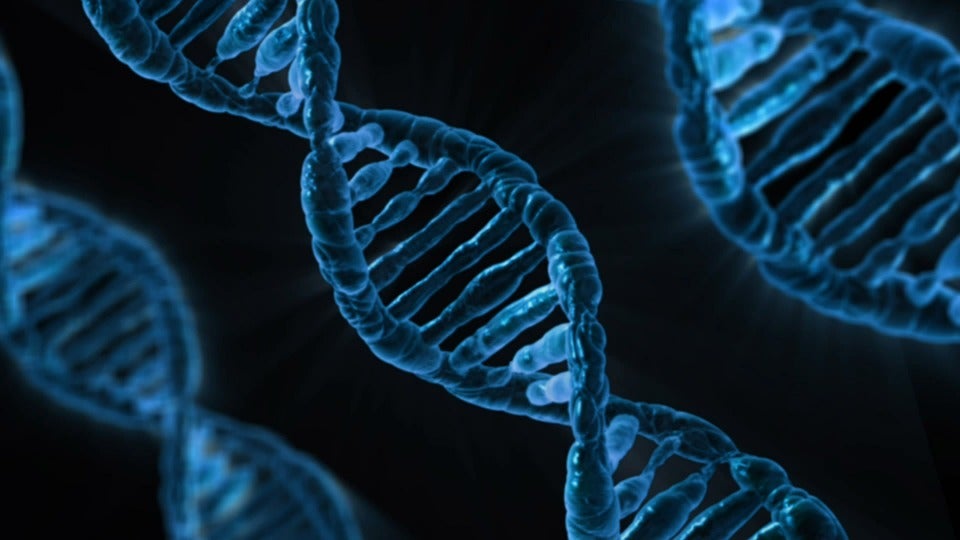
The quest to understand the genetic underpinnings of diseases has taken a significant leap forward thanks to a novel statistical tool developed by researchers at the University of Chicago. This breakthrough, combining genome-wide association studies (GWAS) and gene expression predictions, heralds a new era in the identification of disease-causing genetic variants.
The Complex Puzzle of Disease-Causing Genes
Decoding the genetic basis of diseases is a daunting task. Traditional methods like GWAS have been instrumental in identifying genes associated with various human traits and diseases. However, the challenge lies in distinguishing between genetic variants merely associated with a disease and those that actually cause it. Many diseases result from complex interactions of multiple genes and environmental factors, making it difficult to pinpoint the exact genetic culprits.
Enter cTWAS: A Game-Changing Tool
The new tool, called causal-Transcriptome-wide Association studies (cTWAS), addresses this challenge head-on. Developed by Professor Xin He and Matthew Stephens, cTWAS employs advanced statistical techniques to significantly reduce false positives in genetic research. Unlike previous methods, cTWAS considers multiple genes and variants simultaneously, using a Bayesian multiple regression model to filter out confounding factors.
A Practical Demonstration: Unraveling the Genetics of LDL Cholesterol
The utility of cTWAS was demonstrated in a study focusing on the genetics of LDL cholesterol levels. Traditional methods had implicated a gene involved in DNA repair, but cTWAS pointed to a different variant in the target gene of statins, commonly used to treat high cholesterol. Astonishingly, cTWAS identified 35 potential causal genes for LDL cholesterol, more than half of which were previously unreported. This finding opens up new avenues for understanding the biological pathways involved and suggests potential targets for treatment.
Implications and Future Prospects
The implications of this new tool are vast. By allowing for more accurate identification of disease-causing genes, cTWAS paves the way for better understanding complex genetic traits and diseases. The cTWAS software, available for download, is expected to evolve further, incorporating other types of ‘omics data and eQTLs from multiple tissue types. This advancement will enable researchers to connect genetic variations to phenotypes more effectively, addressing a key challenge in the field of genetics.
Conclusion: A Step Towards Personalized Medicine
The development of cTWAS marks a significant stride towards personalized medicine. As we enhance our capability to identify the genetic foundations of diseases accurately, we move closer to developing targeted therapies and interventions. This tool not only represents a triumph in genetic research but also holds the promise of transforming healthcare and treatment approaches in the future.
This groundbreaking work, combining innovation in statistical modeling with genetic research, is detailed in the journal Nature Genetics and has been reported by the University of Chicago, ScienceDaily, and Medical Xpress.
